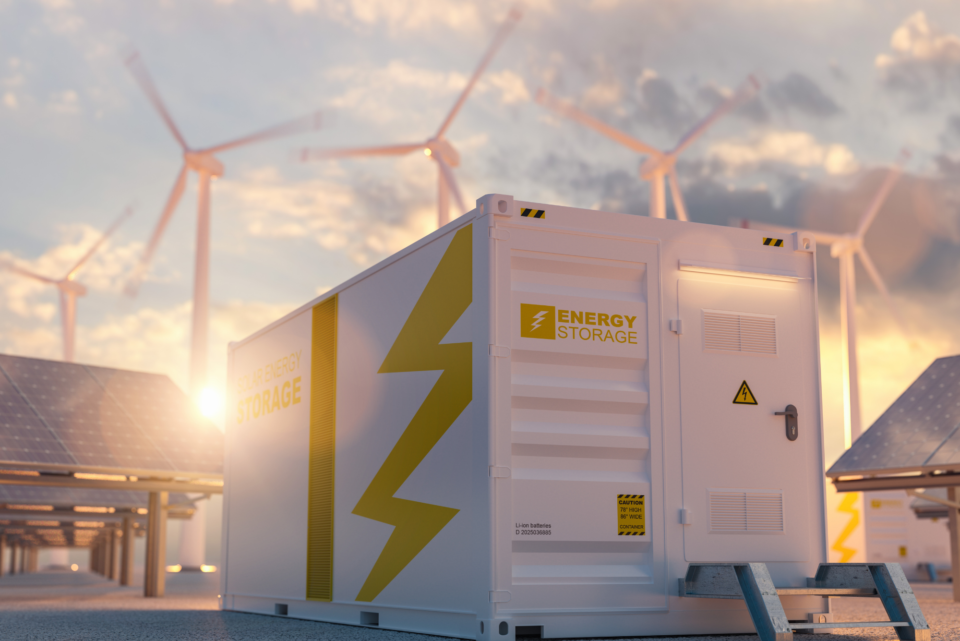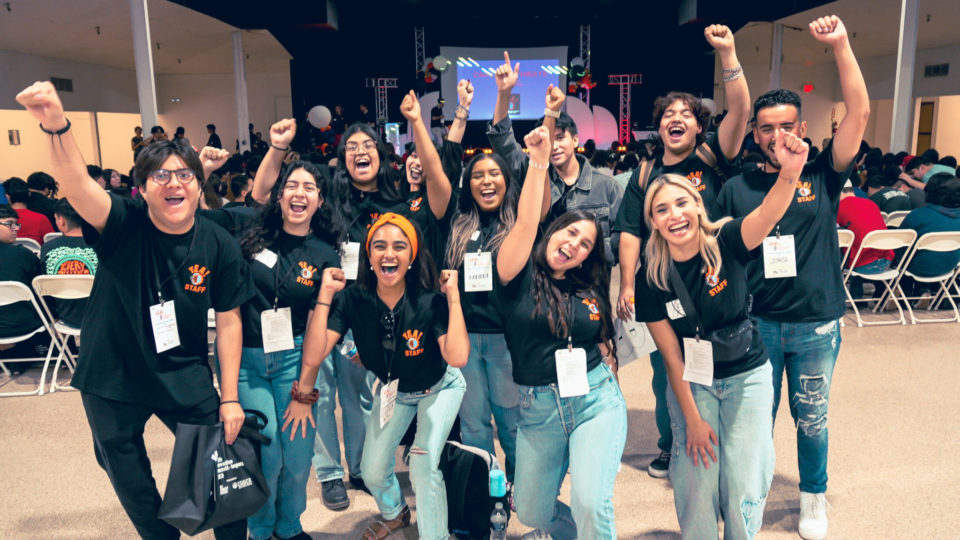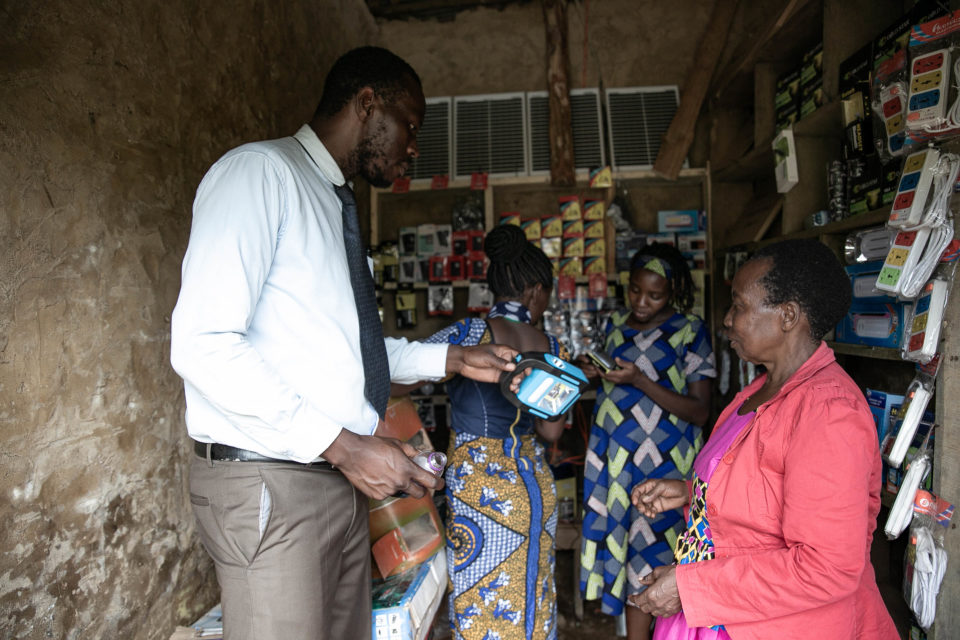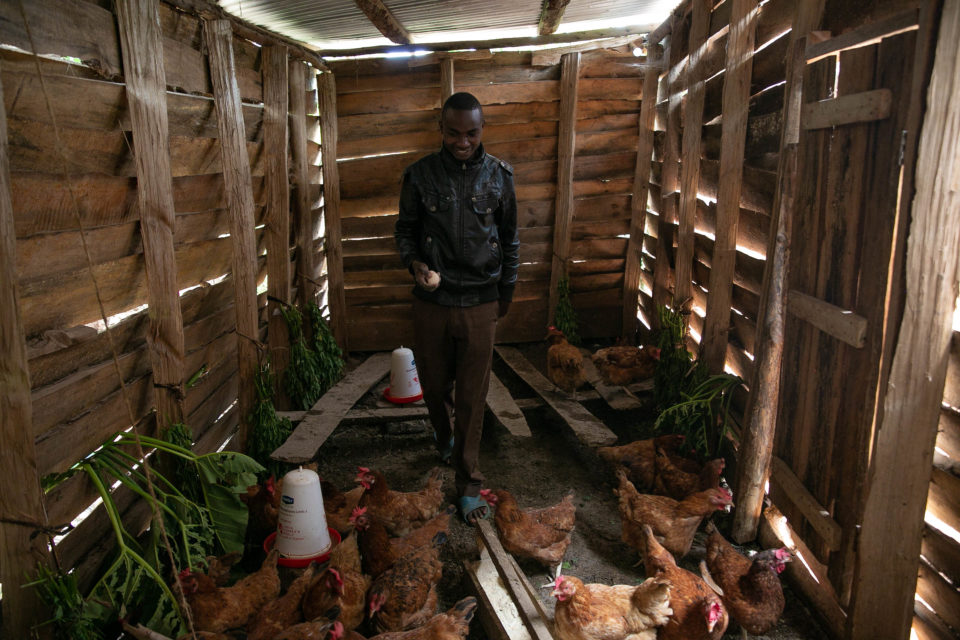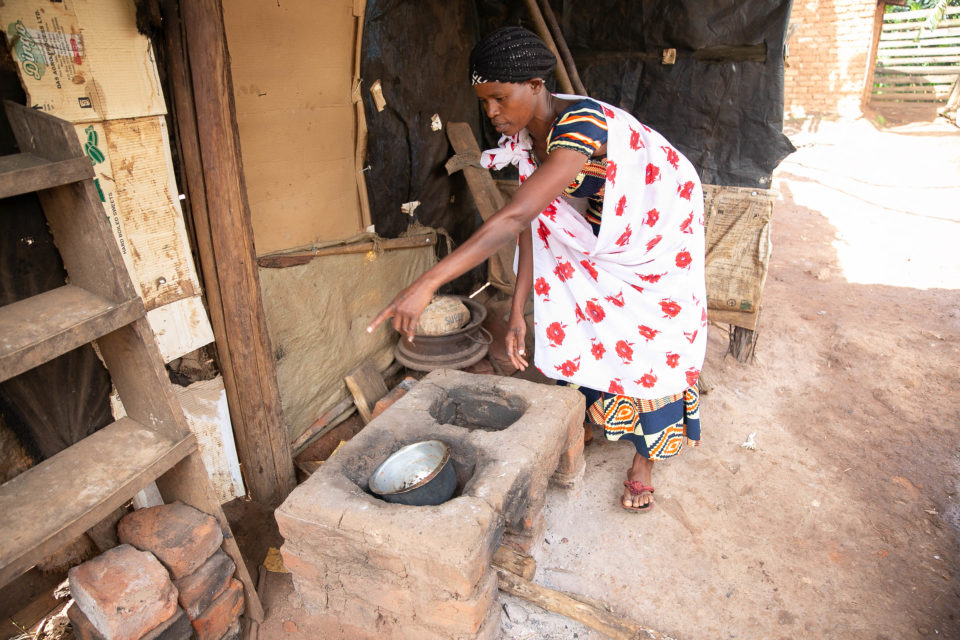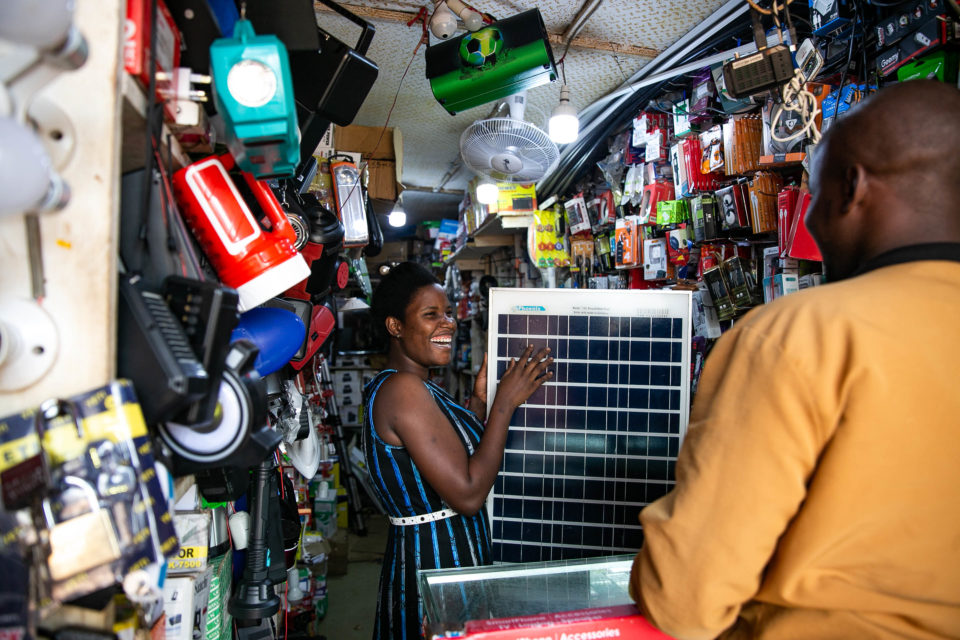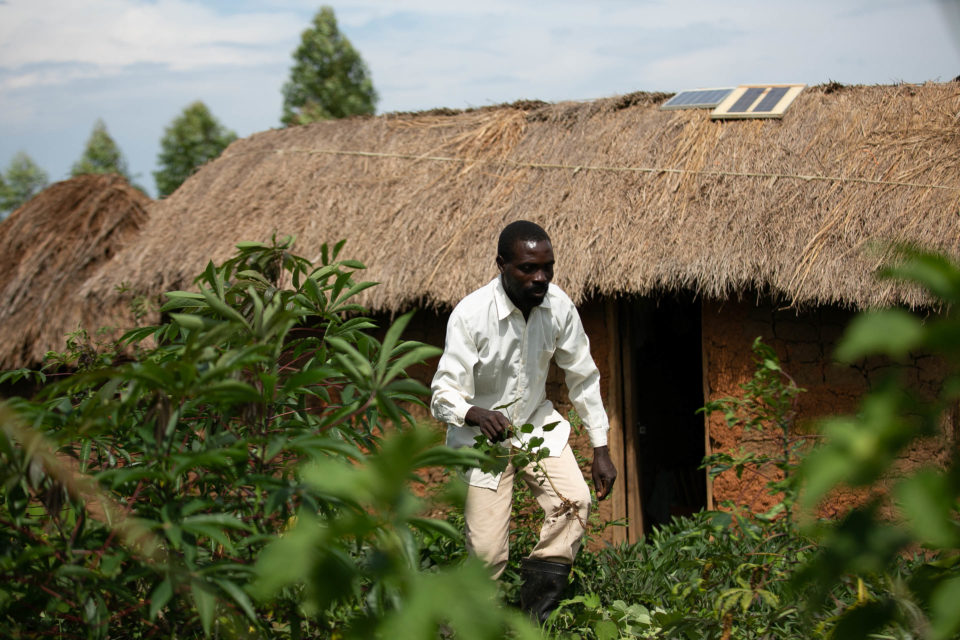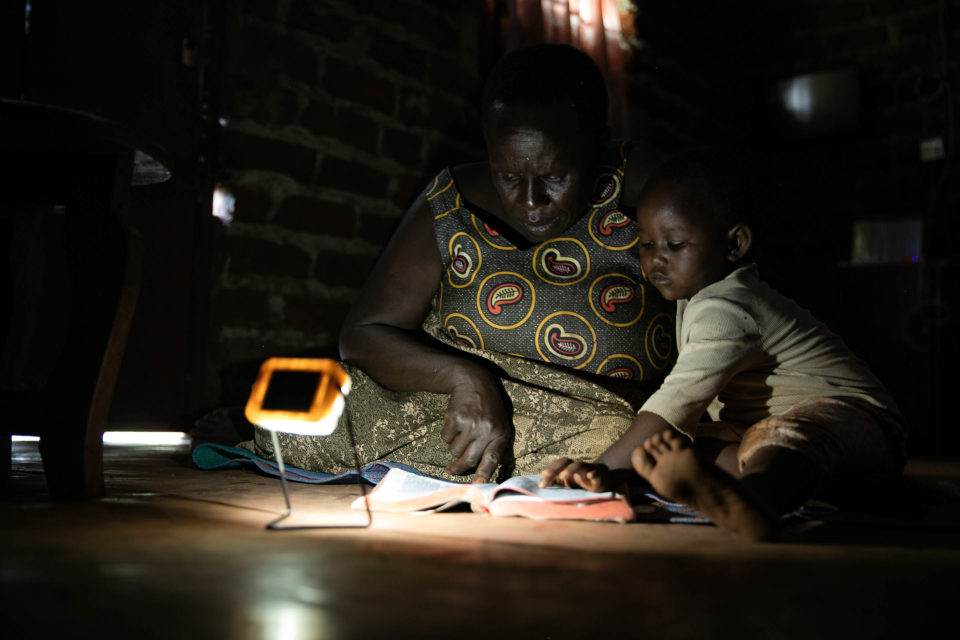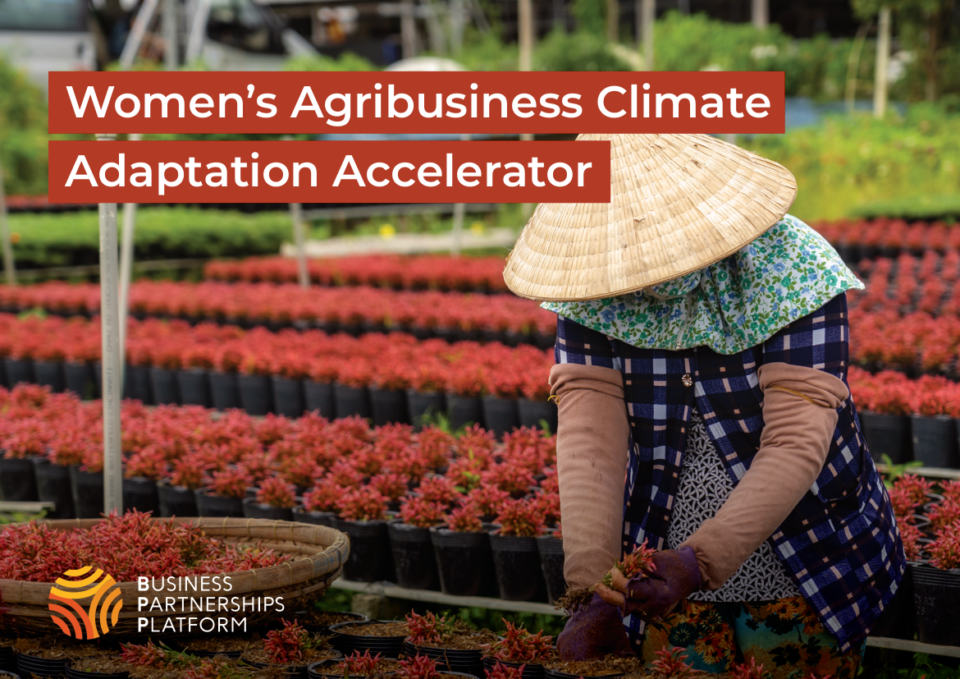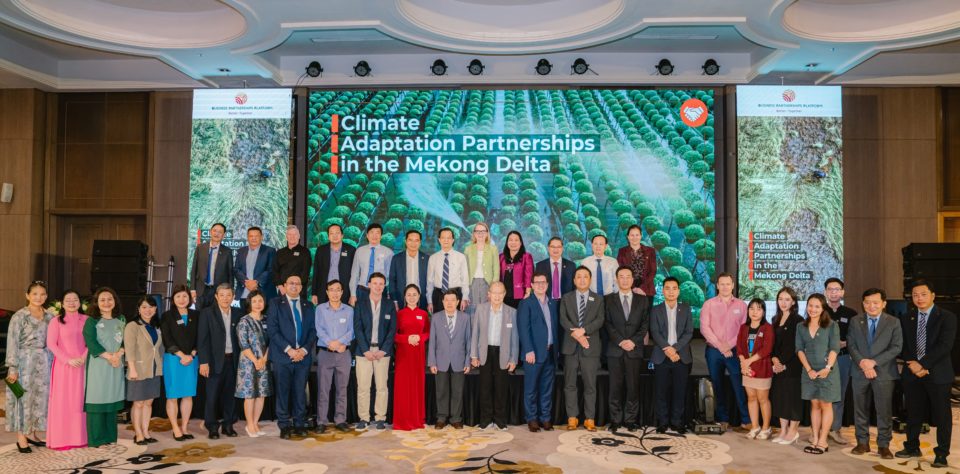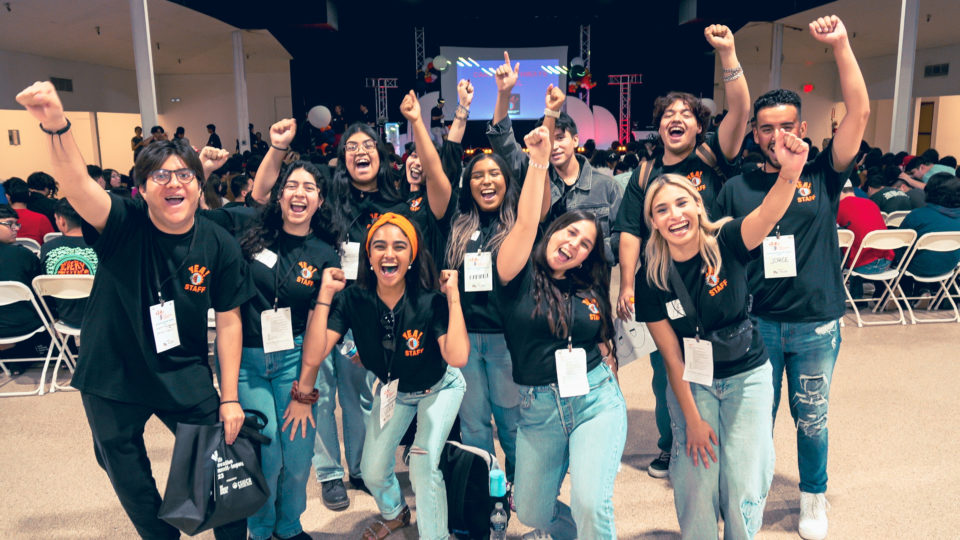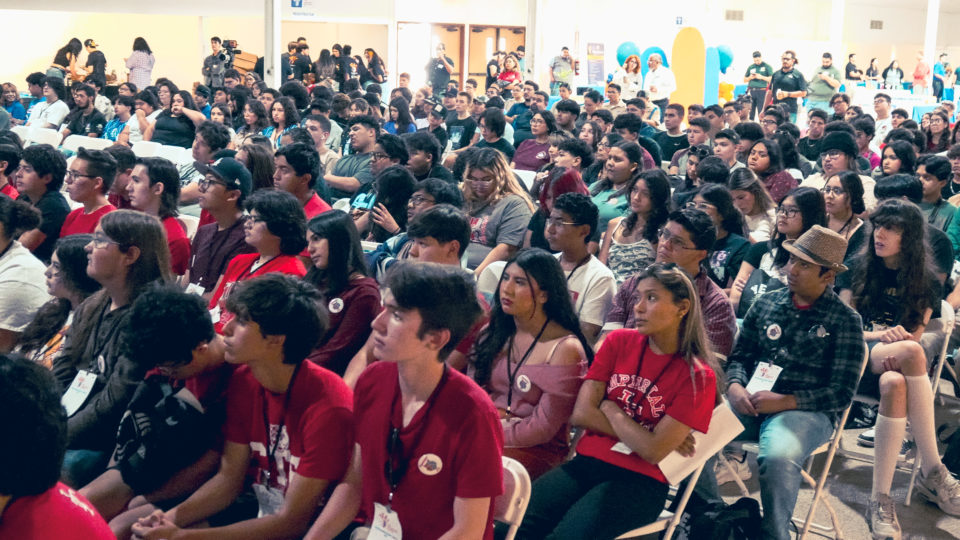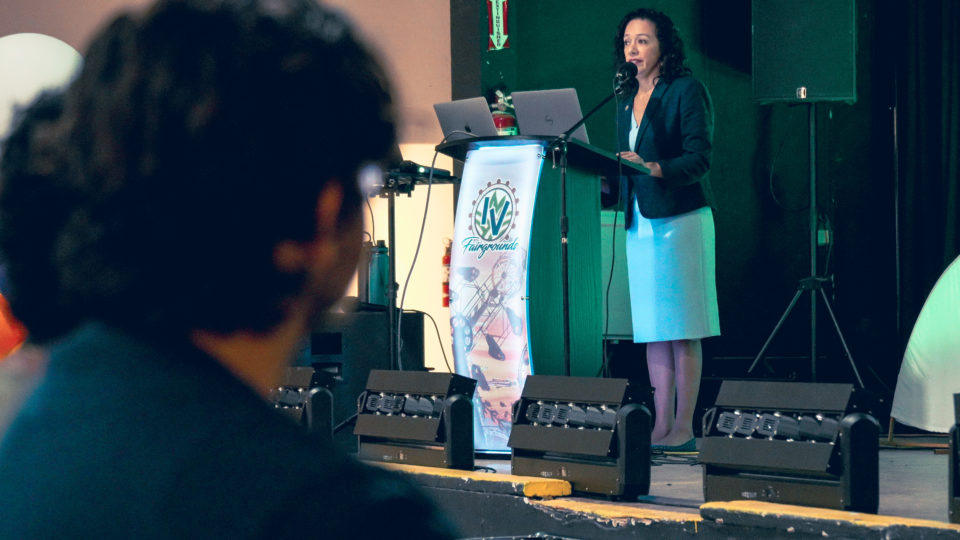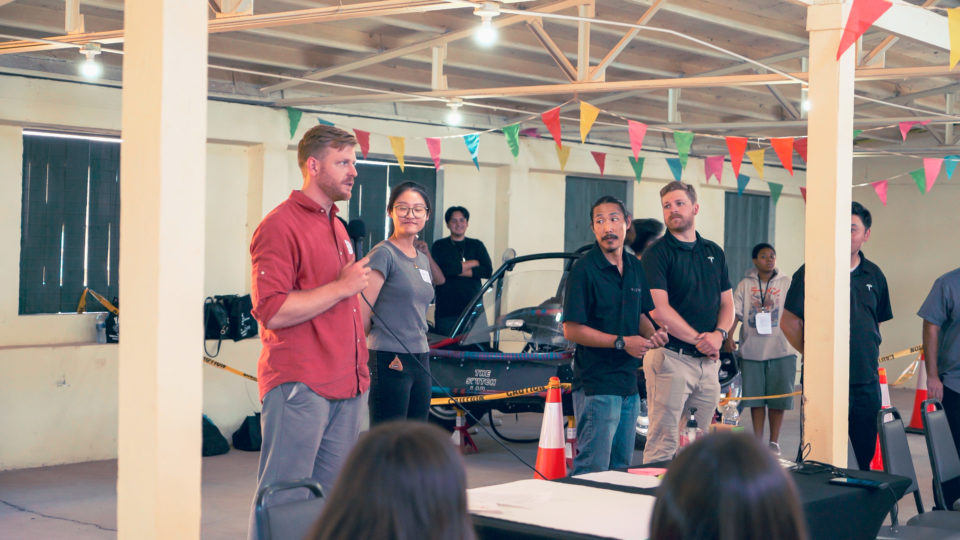Oakland, 26 March 2024 – California is capturing only 2.4% of projected jobs in planned operations in the nation’s lithium battery supply chain, with most going to states that are ranked low in terms of labor protection, worker health and safety, and wage laws.
The findings released today in a new report from New Energy Nexus, with partners at the Institute for Social Transformation at UC Santa Cruz and the UC Berkeley Labor Center, detail how even the state’s very own “Lithium Valley” initiative in the Salton Sea region is projected to miss out on the growing lithium boom, where less than 1% of jobs are associated with lithium extraction. The vast majority of the more than 100,000 expected new jobs are projected to be in battery and electric vehicle (EV) manufacturing.
The report – “Powering Prosperity: Building an Inclusive Lithium Supply Chain in California’s Salton Sea Region” – analyzes employment data in the supply chain through an interactive online platform, “Lithium Battery Supply Chains of North America,” which for the first time ever maps jobs in relation to labor, climate, and economic justice indicators. It also recommends how the region could capture more “high-road” jobs and community benefits from lithium extraction with greater policy focus, targeted public investment, and stronger industry, labor, community and tribal partnerships.
“The decisions taken now will determine whether the lithium battery boom will be a race to the top or a race to the bottom,” said Rebecca Lee, co-author of the report and Managing Director of New Energy Nexus California.
“California has been a world leader in EV and battery innovation, and to stay ahead of the curve, it needs to support companies that take the high-road, and that stay and manufacture their technologies in the state. This could be a global model for shared prosperity, generating family-supporting jobs and benefits for local communities, while also decarbonizing the economy.”
California’s Salton Sea region is an underinvested corner of the state where a quarter of the total population, and half of the region’s Native American population, live below the poverty line. It is also home to some of the largest lithium reserves in the world, which has given rise to the name “Lithium Valley.”
The Bipartisan Infrastructure Law and Inflation Reduction Act created major financial incentives for domestic lithium battery and EV production. Building out a domestic lithium value chain – from processing, battery manufacturing, and recycling – could potentially create good jobs, new business opportunities, and meaningful benefits for local communities.
“We need to ensure that the jobs in lithium extraction itself in Imperial County are good jobs, but a larger benefit to the region could come from co-locating battery and electric vehicle manufacturing,” said Chris Benner, co-author of the report and Professor and Faculty Director at the Institute for Social Transformation, UC Santa Cruz.
“Battery and electric vehicle firms locating here would gain reputational and marketing benefits of being tied to one of the cleanest sources of lithium on the planet, as well as close access to a large environmentally conscious consumer market – the largest consumer base for electric vehicles in the country.”
Key findings:
- California is currently the core of the nation’s electric vehicle industry, accounting for roughly 19% of existing jobs in the full lithium and electric vehicle supply chain, by far the highest share of any state.
- California, Arizona and Nevada account for nearly a third (31%) of jobs in the full lithium battery and EV value chain, but only 10% of planned new investment. These states rank highly in the nation for policies that support good jobs and wages (1).
- Kentucky, Tennessee, Alabama, and Georgia currently account for approximately 16% of total existing employment along the value chain, but represent nearly 34% of projected jobs in new sites. These states are low-to-bottom ranked in terms of labor protection, worker health and safety, and wages.
- Of the more than 150,000 existing jobs in the lithium value chain in the USA, 43% are in EV manufacturing, 26% are in battery component, cell, and pack manufacturing, and only 6% of jobs are in mining or critical minerals extraction.
- In the Salton Sea region, the number of direct jobs from direct lithium extraction will be relatively modest: a few hundred jobs initially, rising to roughly 2,000 ongoing jobs at projected full build-out many years from now.
- The vast majority of jobs associated with the lithium from the Salton Sea region will be created further along the value chain: roughly 1,600 jobs in cathode manufacturing, 20,000 jobs in battery cell and pack manufacturing, and over 100,000 jobs in EV manufacturing (2). There are currently no agreements in place to bring these jobs to the Salton Sea region, much less ensure these jobs are high-quality or will be targeted for local residents (3).
Noemí O. Gallardo, Commissioner, California Energy Commission: “The Lithium Valley vision has the potential to provide tremendous economic opportunity that simultaneously uplifts industry, workers, and residents. Building on existing state efforts, the recommendations outlined in this report can help realize this possibility and boost the Salton Sea region.”
Brigette Browning, Executive Secretary-General, San Diego and Imperial Counties Labor Council: “This report shows that California must urgently build on its clean energy leadership, and ensure it captures and retains family supporting jobs in the lithium battery boom. Both in the construction phase of projects and ongoing operations and maintenance, the sector must support good union jobs and career pathways in new green industries jobs, especially for local residents.”
Sanjiv Malhotra, Founder and CEO, SPARKZ: “We’ve seen real value in taking the “high-road” approach in Lithium Valley, focusing on innovation, investing in our workforce, and generating good jobs. We are proud to partner with the United Auto Workers to secure the American worker’s place in the new energy economy, while also growing the battery supply chain domestically.”
California could provide a global model for the inclusive and environmentally friendly economic development of lithium and battery supply chains. Recommendations include:
- Support “high-road” workforce development. This should include conditional public funding for businesses based on negotiated Community Benefits Agreements, as well as training for construction trades, blue collar, and professional and technical workers in Imperial County.
- Strengthen the “innovation to implementation pipeline”: provide benefits for “high-road” companies that develop and manufacture technologies in the state. This should include an increase in funding to clean energy entrepreneur support organizations that support high-road pathways for startup commercialization.
- Invest in local infrastructure. This includes physical and social infrastructure such as public health services, public transportation, climate resilient housing, and environmental restoration related to Salton Sea management and air quality.
- Address permitting barriers. For instance, expedited permitting could be made available for projects that have formalized agreements and support from communities.
- Battery supply chain transparency. Mechanisms must be in place that monitor, measure, and uphold environmental, labor and air quality standards, such as the Global Battery Passport.
The report and the Lithium Battery Supply Chain map are supported by a grant from The James Irvine Foundation, and represents the culmination of more than a year of research, including input from a wide range of labor, community, industry, public sector and tribal stakeholders.
Notes to editors:
(1) California comes in first, Arizona at 18th, and Nevada at 20th according to Oxfam’s Best States to Work Index.
(2) This calculation is based on the annual amount of lithium extracted from all existing geothermal plants and used to make batteries.
(3) At least two developers have signed project labor agreements (PLAs) with building trades unions for the construction phase of the projects.
About the Institute for Social Transformation, UC Santa Cruz
Rooted in the Social Sciences Division at UC Santa Cruz, the institute supports innovative scholarship that changes the world. The institute is a critical intellectual and social hub, connecting scholars across UC Santa Cruz and partners beyond the university, developing research-based solutions to urgent social, environmental and political problems in the world. The institute’s research aims to understand and transform the underlying systemic causes of problems in these areas and brings the research-based expertise and resources of UC Santa Cruz to collaborations with others committed to building local and global societies that are rooted in equity, access and opportunity for all people, environmental regeneration and democratic revitalization. https://transform.ucsc.edu/
